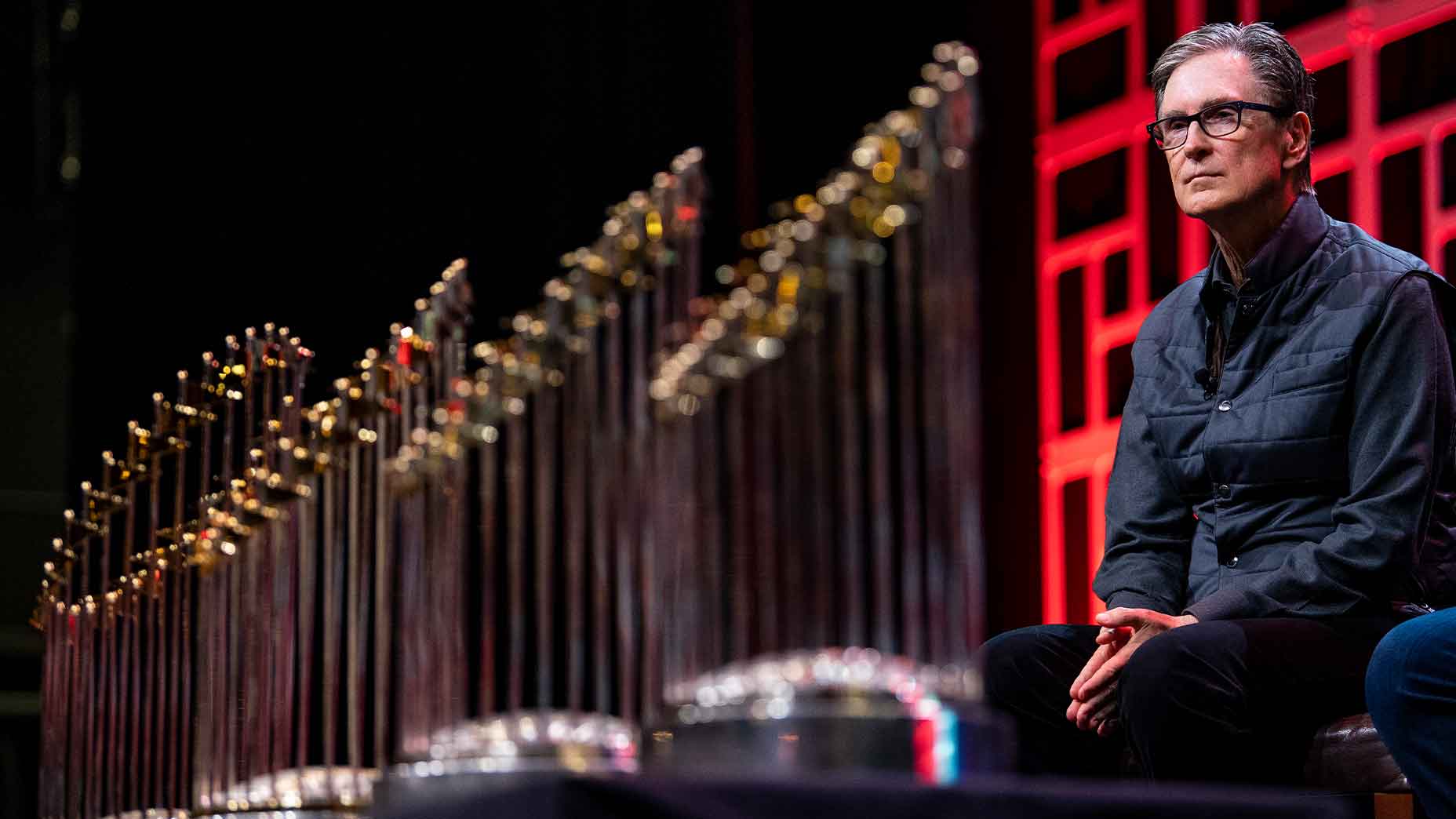Spare for the TGL, it’s not often you hear news of a pro sports ownership group earning a stake in pro golf.
Golf is, after all, one of the last truly democratized professional sports. Players are their own owners, and their jobs are not dependent on the kind of outside investment required in other major professional sports.
But on Tuesday morning, the LPGA announced just that — a first-of-its-kind agreement with not only a sports ownership group but perhaps the best-known sports ownership group in the pro landscape. Per a press release, the LPGA partnered with Fenway Sports Group — owners of the Boston Red Sox, Pittsburgh Penguins and Liverpool F.C., among others — to assist with “developing next-level tour partnerships.”
The agreement will form a “unique sales alliance” between both the Tour and FSG, granting Fenway Sports Group the freedom to act on behalf of the LPGA in attracting new business partners to the tour and its players. As part of the agreement, FSG will activate a “turnkey” sales team aimed at helping the LPGA — and its 10 or so current sales and partnerships employees — attract new corporate partners. The partnership will serve to “strengthen” the LPGA’s existing sales and partnerships team, “paving the way for increased revenue generation and enhanced exposure on a global scale.”
According to the LPGA, the deal is structured as a profit-share, meaning Fenway Sports Group will have the opportunity to earn a chunk of the profits generated by the new business it signs for the LPGA.
For the LPGA, the proposed benefits of the agreement aren’t difficult to understand. Fenway brings a deep roster of corporate clients and one of the most high-powered names in the sports business. If the sales team employed by FSG signs even one additional sponsor for the LPGA, the agreement will be delivering revenue the league otherwise wouldn’t have generated. In the very likely event the team signs more than one client, the agreement will be worth its weight in gold.
For FSG, the benefits are slightly more obscure. The ownership group, founded originally by Red Sox owner John Henry, has earned a reputation for the variety of its sports business portfolio. In addition to controlling stakes in sports franchises, FSG also owns and operates professional sports venues (including the company’s namesake Fenway Park), TV networks (NESN), and marketing and sponsorship teams for public figures.
For one thing, the LPGA agreement opens another revenue stream for the company business, allowing Fenway Group to expand its efforts across the sports world at reasonably little risk. For another, the agreement furthers FSG’s expansion into the golf universe, the LPGA serving as the latest movement after Fenway was announced as a franchise owner for the forthcoming TGL — a tech-focused golf league owned by Tiger Woods and Rory McIlroy’s holding company, TMRW Sports.
